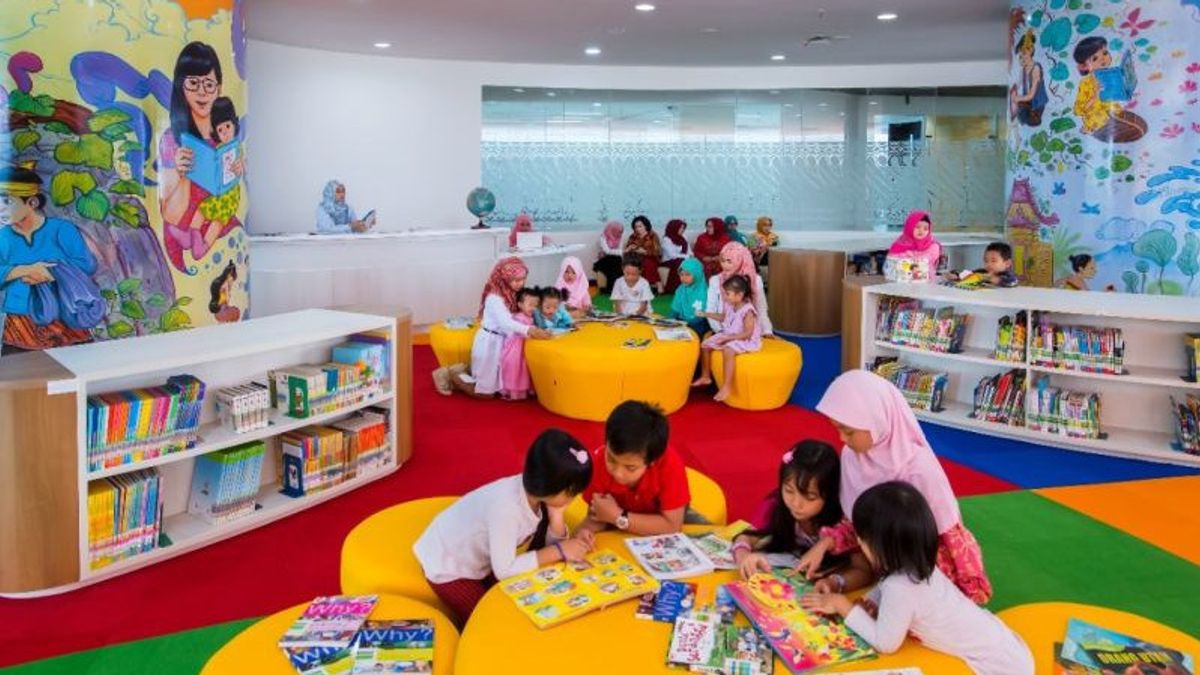JAKARTA - Instilling an attitude of helping and empathizing with children is important. But it turns out that instilling this attitude in children takes time and patience.
This was also conveyed by family psychologist Anna Surti Ariani S.Psi., M.Si saying that instilling empathy in children will not appear directly. This learning must be practiced repeatedly and gradually.
"So we need to understand first that the ability to help, the ability to share does not appear immediately, but gradually," said Anna quoted Saturday, June 4.
"There are developmental experts who say that in order to be truly aware of sharing, at least he needs to go through several stages. At least three stages first. That is, it's only around middle school age to really fully realize that he can share," she continued.
Anna explained, this attitude will grow after the child has experienced three stages. The first stage is the pre-school stage. At that age, the child has not yet done the act of sharing based on his own consciousness.
According to Anna, when pre-school children share with others, it is done because the children know that it is an act that is praised by their parents.
"If he was still in pre-school, maybe the stage he was going through was that he just shared more because he knew it was something his parents praised. Not because he realized that it was good," said Anna.
"The next stage is usually experienced by early elementary school children, that is when a child helps or shares because he just responds to what other people ask. So it's like being told by his parents, then he does it," he added.
VOIR éGALEMENT:
Generally at these ages, children are still difficult to be patient and share. For example, waiting in line to play on a swing or even lending a toy to a friend. However, Anna appealed to parents to remain patient and not stop instilling this attitude in their children.
"So if parents say, how come they haven't realized it yet, they haven't. It's in accordance with the stage of development. The third stage, usually at the age of a child at the end of elementary school, sees sharing as a way for him to get something. For example, a good name, praise, and so on," said Anna.
"It wasn't until middle school age that he became more aware of his conscience, 'Oh, I really need to do something good'. Even though he hasn't been aware since he was little, it doesn't mean that when we teach sharing, we get scolded for not realizing it," she concluded.
Therefore, Anna advised parents not to rush to cultivate empathy for their children. Because when the children get continuous practice since childhood, new parents can feel the benefits in the future when the children have grown up.
The English, Chinese, Japanese, Arabic, and French versions are automatically generated by the AI. So there may still be inaccuracies in translating, please always see Indonesian as our main language. (system supported by DigitalSiber.id)



















